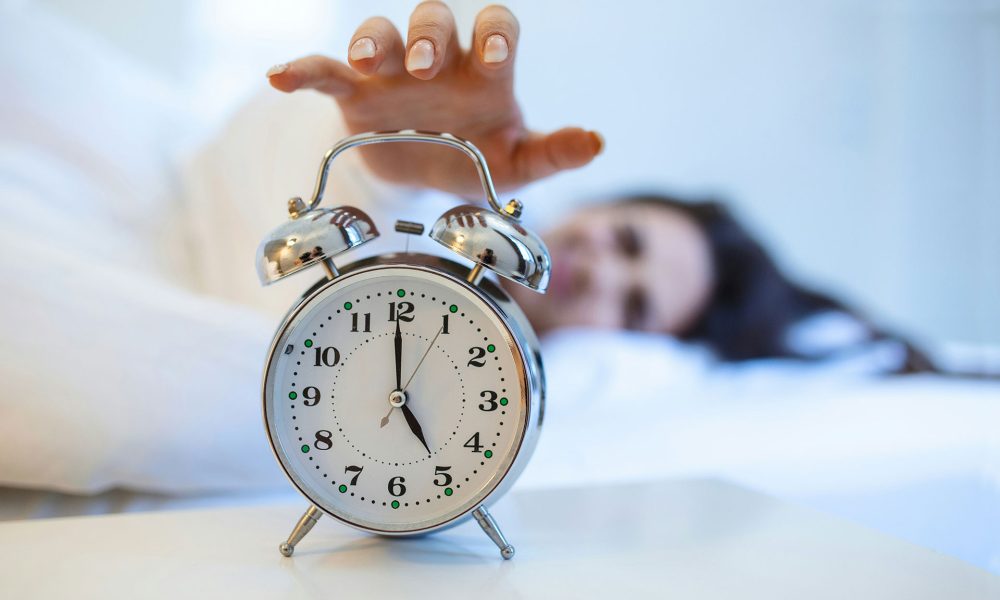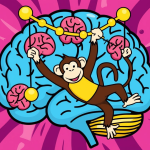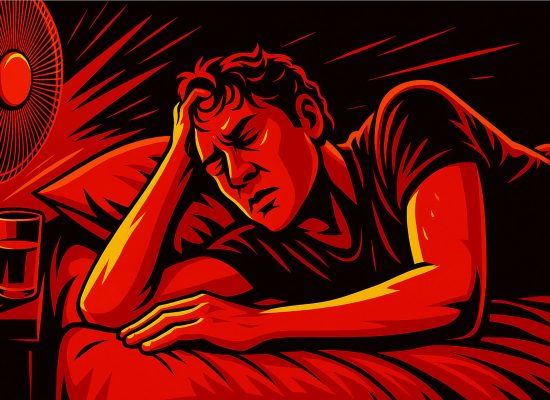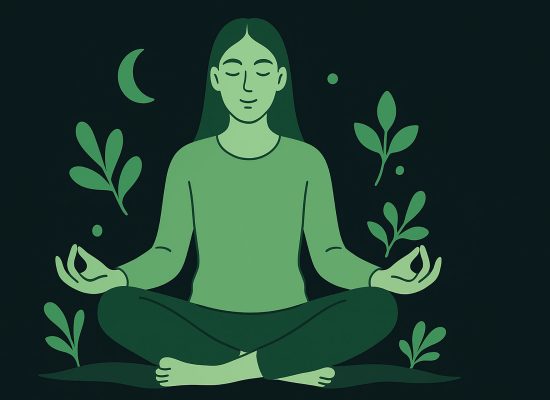Daylight Saving Time often sneaks up on us, but it can actually impact our daily lives more than we expect. This transitional moment can do more than make us late to meetings or other responsibilities, it is proven to make it harder to manage our existing physical and mental health concerns. Daylight Saving Time health effects happen because this transition is the ultimate disruption to our routines.
Table Of Content
- Understanding Daylight Saving Time and Its Purpose
- What does Daylight Saving Time Do to Our Minds and Bodies?
- How to Protect Your Heart During the Daylight Saving Time Transition
- What Are the Best Tips for Coping with Daylight Saving Time Schedule Disruptions?
- The Importance of Compassion During the Daylight Savings Time Transition and Other Tricky Moments
- How Meditation Helps Reduce Daylight Saving Time Health Effects
- The Connection Between Your Circadian Rhythm and Mental Health
When one habit gets out of whack, it can be hard to not let your other routines fall to the wayside too. The DST effects on mental health can be more severe when you don’t have positive routines set in place, so integrate a habit of meditation into your life today with Siddha Meditate app. Our Mental Health Meditation make it easy to quickly adjust to the new timing and get back at it!
Understanding Daylight Saving Time and Its Purpose
Ever wondered why we move our clocks forward and back every year? Daylight Saving Time (DST) began as a way to make better use of daylight, helping us enjoy more daylight hours in the evening. While originally intended to conserve energy and boost productivity, the practice isn’t without its controversies.
Despite its benefits for some, the Daylight Saving Time health effects are increasingly becoming a concern. Shifting clocks might seem simple enough, but this small adjustment disrupts your body’s internal clock—your circadian rhythm—leading to a range of potential physical and mental health challenges. From increased stress to disrupted sleep, DST affects us more profoundly than we might anticipate.
So, is the extra hour of sunlight worth the trade-off? Let’s explore what this seasonal shift really does to our health and wellness.
The Ongoing Debate: Permanent Standard Time vs. Permanent DST
Every year, as clocks shift, the debate heats up again: should we stick permanently with Standard Time or embrace Permanent Daylight Saving Time (DST)? Those advocating for Permanent DST argue it offers brighter evenings, encouraging outdoor activities, enhancing economic opportunities, and potentially boosting overall happiness.
On the other side, health experts strongly favor permanent Standard Time, stressing its alignment with our natural circadian rhythms. Research indicates that aligning with natural daylight reduces DST-related health risks such as heart attacks, sleep disturbances, and disruptions to our mental health.
As policymakers weigh the benefits of extended evening sunlight against critical health considerations, it’s important to remember that the ultimate goal is to minimize negative DST health effects. Regardless of the outcome, implementing routines such as meditation and mindfulness practices can help mitigate these seasonal challenges, ensuring our minds and bodies remain balanced and resilient.
What does Daylight Saving Time Do to Our Minds and Bodies?
Daylight Saving Time impacts all of us in slightly different ways. But research consistently shows that it impacts all of us in more ways than you might think. During this moment of transition, your body and brain must react to a whole new schedule regardless of whatever else you have going on. The health risks of DST transition result from our need to readjust in a short amount of time, which are especially impactful to your cardiovascular system and circadian rhythm[1] which in turn disrupt your neural pathways and in turn mental health.

Why is it Especially Hard for Your Heart?
Daylight Saving Time and heart attacks are linked because your cardiovascular system must adjust to unanticipated changes to changes in the circadian rhythm and other body systems. When these risk factors combine with additional stresses that you face in your daily life, it can be hard for your heart to keep up. To avoid the most severe Daylight Saving Time health effects, give all your systems the time that they need to adjust and ensure that you are able to prioritize sleep regardless of whatever else is going on in your life.
Why is This Time Harder Some Years Than Others?
When you have more stressors or challenges going on, it can be harder to cope with daylight savings time and other changes to your routines. Whether your stresses are personal or professional, go easy on yourself if the current transition is especially difficult. The health risks of DST transition impact us in different ways as we age and become more dependent on our routines, so try to stay on track and control all that you can during this time. Regardless of it’s the DST effects on mental health or sleep routines that are driving you crazy this year, know that better days are coming.
You can also read “Meditation for Athletes: How Top Performers Manage Mental Health“
How to Protect Your Heart During the Daylight Saving Time Transition
The connection between Daylight Saving Time and heart attacks is very scary. To avoid getting too caught up in this fear, find strategies to calm your nervous system and gently slow your breath. Meditation is one of the best ways to bridge the gap between the body and mind, so taking a meditation class can be a great way to build this connection. Our Body Scan guided meditation is a wonderful place to start, helping you to pay attention to your body’s many systems and how they take care of you.

What Are the Best Tips for Coping with Daylight Saving Time Schedule Disruptions?
Get on top of it early
Planning ahead of the transition or on the first day of the new schedule helps to limit DST impact on sleep and health overall. Even if you’re not someone who typically plans out your days in a planner, try writing out your schedule during the early days of this transition. Being intentional with your plans helps you to control what you can and let go of all that you can’t.
Give yourself grace and wriggle room with your schedule
Getting around can be difficult during this moment of transition, so give yourself a 30 minute buffer zone to adjust to the new timing of everything. To minimize the health risks of DST transition, may sure that you are being extra careful when managing your mental load so that your body can catch up to the transition!
Find breathing practices to calm your mind and reset your focus
One of the best ways to avoid Daylight Saving Time health effects is to make time for self care and build your mental health toolkit. Meditation is a fantastic self care activity as it teaches your mental fitness strategies to reset your whenever you need them. Try out our Mindful Breathing in Everyday Life class to practice focusing your attention on your breath to ease the DST effects on mental health.
The Importance of Compassion During the Daylight Savings Time Transition and Other Tricky Moments
The DST effects on mental health can make it just a little bit harder to go easy on ourselves and others when things get out of whack. Be careful to give everyone, especially yourself, an extra dose of kindness during this tricky time so that you can keep your cool even when things get stressful or when you’re noticing the DST impact on sleep. Gently inform others of the health risks of DST transition that neither you and your loved ones aren’t alone in your struggles.

How Meditation Helps Reduce Daylight Saving Time Health Effects
Adjusting to Daylight Saving Time (DST) can disrupt your circadian rhythm, negatively impacting your sleep and mental health. Mindfulness meditation offers a scientifically supported way to ease this transition. According to research, mindfulness practices effectively lower stress levels, regulate emotions, and significantly improve sleep quality—essential for adapting smoothly during this seasonal disruption.
Incorporating meditation into your daily routine, particularly around DST changes, helps your body adjust naturally to new schedules. Studies indicate mindfulness meditation supports the nervous system by calming physiological responses and helping maintain stable heart rhythms, potentially reducing the increased risk of heart attacks associated with DST transitions.
Siddha Meditate offers targeted meditations—like the Body Scan meditation—specifically designed to address stress and sleep disturbances, supporting your health through the challenging adjustment period of Daylight Saving Time.
The Connection Between Your Circadian Rhythm and Mental Health
Poor sleep feeds into the other Daylight Saving Time health effects, especially the elevates anxiety and depression levels that you may be experiencing right now during this season of change. Try going to bed a bit early to care for your mind and help your circadian rhythm to gradually adjust which allows your mental health to gradually follow suit.
In this article, we explore the many Daylight Saving Time health effects including the connection between Daylight Saving Time and heart attacks and the potential impact that DST has on your mental health. We provide information about how to address, prevent, and overcome these risks, regardless of how badly they are impacting you this year. DST effects on mental health can be more drastic than you think, so go easy on your body and mind in this challenging moment.

Siddha Meditate is the first meditation app designed to use meditation as a tool for productivity and mental fitness, so that you’ll be ready for any challenges on your horizon. We are the ultimate accountability partner as you build a habit of meditation, allowing you to customize your practice to your needs and schedule by integrating psychologically proven habit solutions directly into the app.
FAQs about Daylight Saving Time Health Effects
1. How does Daylight Saving Time affect our health?
Daylight Saving Time health effects happen because shifting our clocks disrupts established routines and our body’s circadian rhythm. This disruption affects various aspects of our health, notably increasing the risk of heart attacks, sleep problems, and challenges with mental health management.
2. What is the connection between Daylight Saving Time and heart attacks?
The sudden shift in your schedule during the DST transition significantly impacts your cardiovascular system. This abrupt disruption to your circadian rhythm and sleep routines is directly linked to increased occurrences of heart attacks, especially when compounded by other life stressors.
3. Why does DST impact mental health and sleep so severely?
DST effects on mental health occur because the abrupt schedule change disrupts your circadian rhythm, affecting sleep quality and duration. Poor sleep further exacerbates mental health conditions like anxiety and depression, making it especially hard to manage emotional well-being during this seasonal change.
4. How can meditation help manage health risks of DST transition?
Meditation is one of the most effective strategies to manage DST impact on sleep and mental health. Practices such as mindful breathing and body scan meditations help calm your nervous system, restore sleep quality, and promote mental resilience, easing your transition through DST disruptions. Siddha Meditate provides meditations tailored to support you specifically during these challenging times.
[1] “Daylight saving time, circadian rhythms, and cardiovascular health” Daylight saving time, circadian rhythms, and cardiovascular health








2 Comments
Comments are closed.